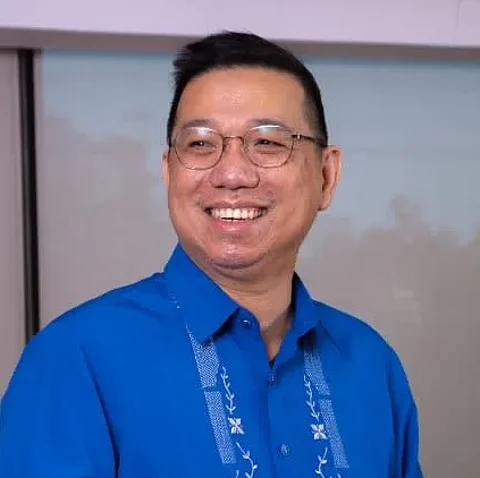
- NEWS
- the EDIT
- COMMENTARY
- BUSINESS
- LIFE
- SHOW
- ACTION
- GLOBAL GOALS
- SNAPS
- DYARYO TIRADA
- MORE

With the looming influx of known United States car brands into the country after President Ferdinand Marcos Jr. and US President Donald Trump agreed to eliminate tariffs on imported American automobiles, the Board of Investments (BOI) assured that international car brands manufactured locally, particularly Japanese cars, will not be compromised.
Japanese automakers Toyota and Mitsubishi have long been producing models in the Philippines, namely the Mirage and L300 for Mitsubishi, and the Vios, Innova, and Tamaraw for Toyota.
“We will be worried if these brands are affected. Most likely, we expect that US companies, for them to be competitive here, will import bigger and higher-priced automobiles. For sure, these US car companies cannot compete with sedan-type vehicles for our market,” said BOI managing head, Undersecretary Ceferino Rodolfo, in a telephone interview on Thursday.
He further noted that the luxury Tesla brand, owned by US tycoon Elon Musk, is not likely to gain major traction in the Philippine market, as most Tesla units seen locally come from China — not directly from the US.
“And if Tesla comes in, which is an electric vehicle (EV), then it automatically enjoys zero percent duty. So those locally produced brands will not be impacted by this 0 percent trade deal,” he added.
Currently, imported EVs are tariff-free until 2028 under Executive Order 12 signed by President Marcos. EV parts and components are also subject to reduced tariffs, from 3 percent to 1 percent, for a period of five years.
In May 2024, the tariff exemption was expanded to cover hybrid and plug-in hybrid jeepneys, buses, cars, and trucks.
However, Rodolfo said that things would be different if Toyota were to import high-end models like the Land Cruiser, which are not manufactured locally.
“Those imports will be hit and affected, as they are not manufactured here. We are providing the same level of protection to those brands that are locally produced and assembled in the Philippines. They will not be affected by the additional competition from US car companies, as well as those Filipino workers in the automotive and auto parts industry,” he said.
In 2023, the Private Sector Advisory Council announced a five-year extension of the Comprehensive Automotive Resurgence Strategy (CARS) program. Toyota and Mitsubishi, the Japanese carmakers with local assembly plants, committed billions of pesos under the initiative to produce 200,000 units of their respective entry models — the Vios for Toyota and the Mirage for Mitsubishi — over six years starting 2018.
These manufacturers enjoy tax incentives under the CARS program.
To further entice foreign investment in the local automotive industry, the Department of Trade and Industry (DTI) is preparing to launch an extended version of CARS, to be dubbed the Revitalizing the Automotive Industry for Competitiveness Enhancement (RACE) program.
Earlier, Toyota expressed interest in investing anew under RACE, pending the release of a Joint Administrative Order from the DTI, Department of Finance, and Department of Budget and Management.
Mitsubishi and Toyota were asked for comments but had yet to respond as of press time.
